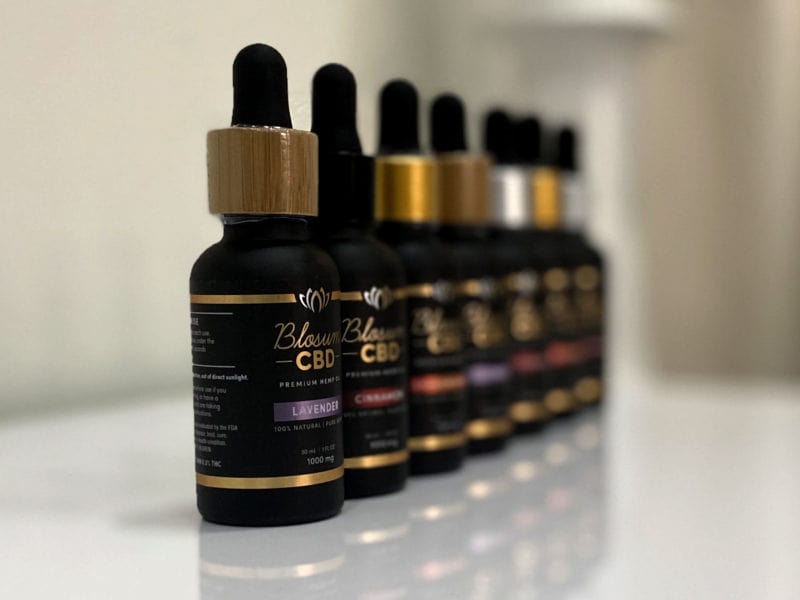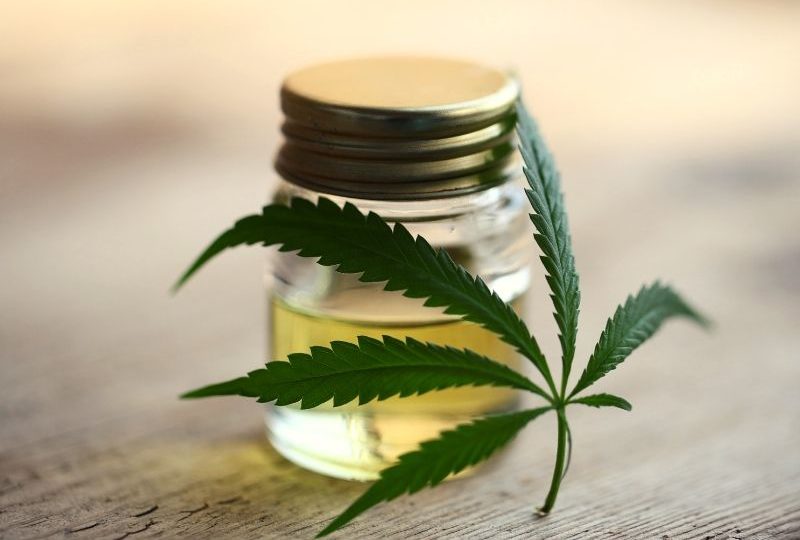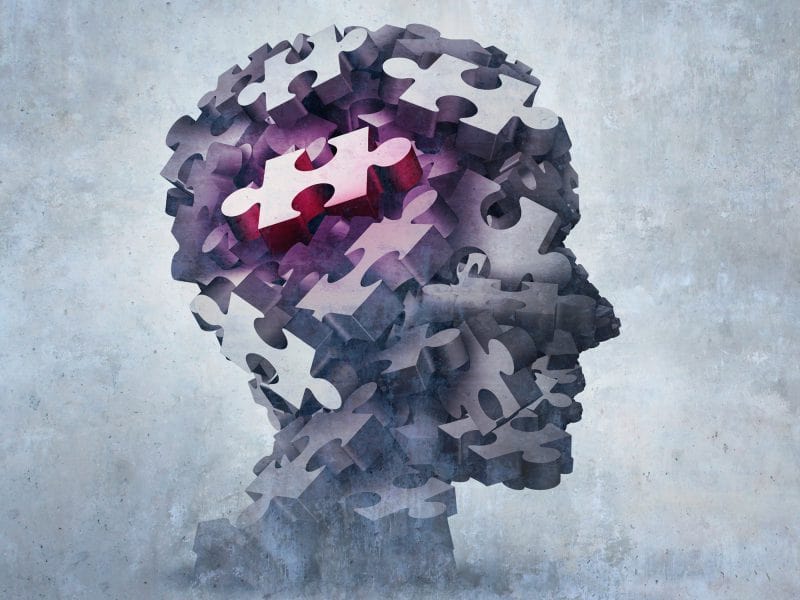What is CBD?
“Cannabidiol is a compound found in the hemp plant,” says Jerzy Szaflarski, professor of neurology and director of the Division of Epilepsy at the University of Alabama, Birmingham.
Szaflarski explains that hemp contains about 500 different compounds, and some of them – like CBD and THC – interact with certain chemical receptors in the human nervous system. But unlike THC, CBD is not psychoactive – meaning it doesn’t cause any kind of cheapness. Despite this, the DEA classifies CBD (and other hemp compounds) as a type I substance, which makes its sale illegal in many U.S. states.
“The brain has these receptors that respond to endocannabinoids, which are neurotransmitters produced naturally in the body and brain,” says Jerald Simmons, a neurologist at Comprehensive Sleep Medicine Associates in Houston. “Some of the cannabinoids in the hemp plant are very similar to the endocannabinoids in the brain, and act on the same receptors.”
The endocannabinoid system of the nervous system is not well understood yet. But it is believed to play a role in regulating pain, sleep, mood, memory, appetite, and other cognitive and physical processes. Because CBD is able to mimic the actions of some natural brain chemicals, its potential therapeutic benefits are broad, but – at this point – nebulous. “We know that cannabidiol modulates the endocannabinoid system, but we don’t know how,” says Szaflarski. But there are some theories.

“THC”-the most famous compound in hemp that really comes cheap-“works directly on the cannabinoid system, meaning it binds to receptors and mimics some of our own endocannabinoids,” says Igor Grant, professor and chair of psychiatry at the San Diego School of Medicine. But CBD’s interaction with the endocannabinoid system is more subtle. “Normally, these endocannabinoid signaling molecules are broken down by enzymes, and one thing CBD does is interfere with the actions of those enzymes.”
Grant says this can lead to a “dampening” or slowing down of some neurochemical processes, including those linked to pain. “CBD may also react with other receptors, such as those for serotonin, and may have actions that reduce inflammatory molecules produced whenever a tissue is injured or a bacterium enters,” he says. “But we don’t know the mechanisms.”
Can I take CBD to treat pain?
By talking to users or spending some time in forums on the subject on the internet, you’ll find that many people believe that CBD has benefits for pain and inflammation. Some rat studies have linked topical CBD treatments to a drop in arthritis-related pain and swelling, and more research suggests that the compound may help relieve headaches.
The headache study linked CBD to lower rates of anxiety. (Since anxiety often produces headaches, according to the authors, CBD may be a plausible remedy for headaches if these anti-anxiety benefits are legitimate.) Grant says he has studied the available literature on CBD and anxiety, and some of it is interesting. He mentions a Brazilian study, for example, that found that person who have a fear of public speaking felt less anxious and uncomfortable about the phobia after taking CBD, compared to people who took a placebo.
“There is also some evidence that the compound may reduce psychotic symptoms in people with schizophrenia and psychotic disorders,” Grant says. “But there are a lot of open questions at this point.”
Check out their ecowatch cbd to help you to get more important information about the
best cbd oil.










